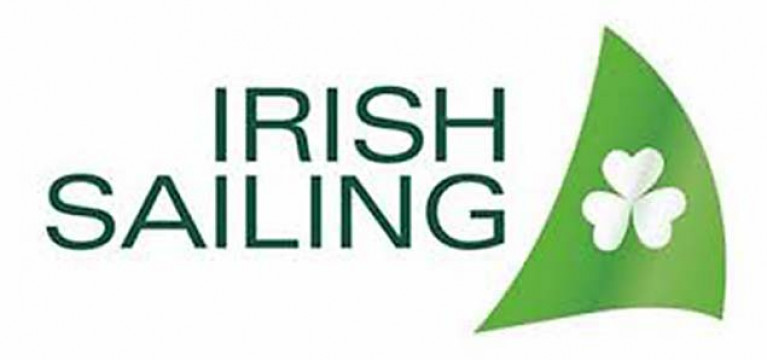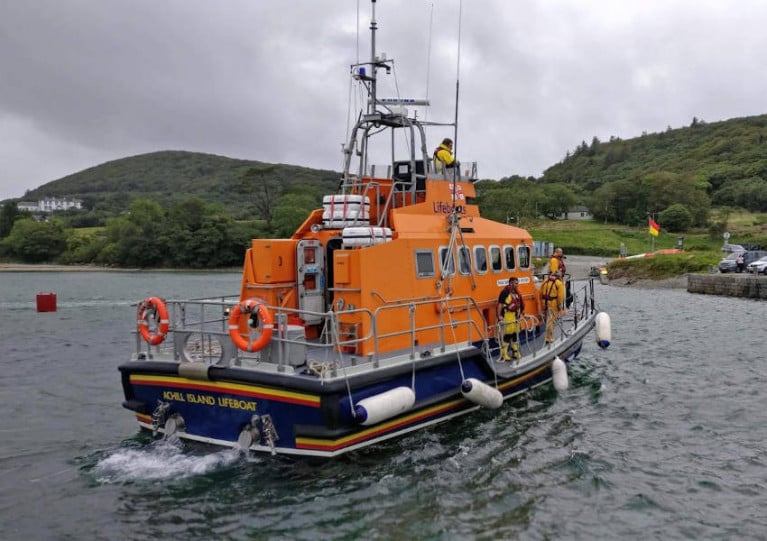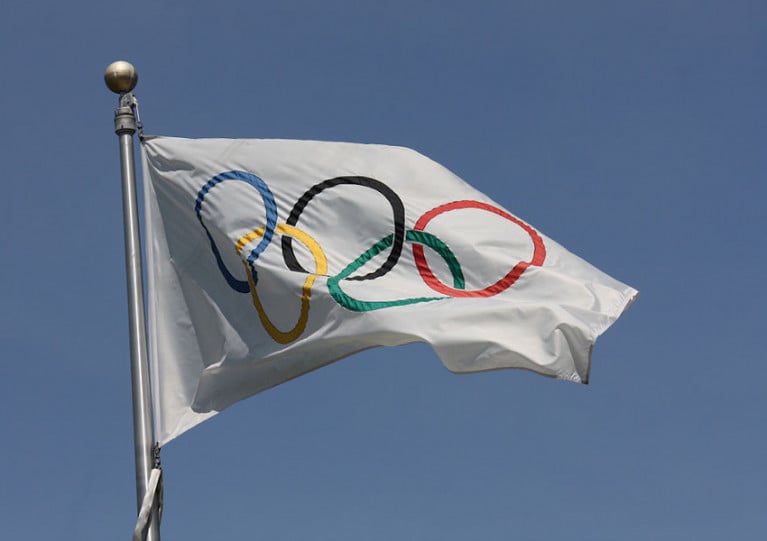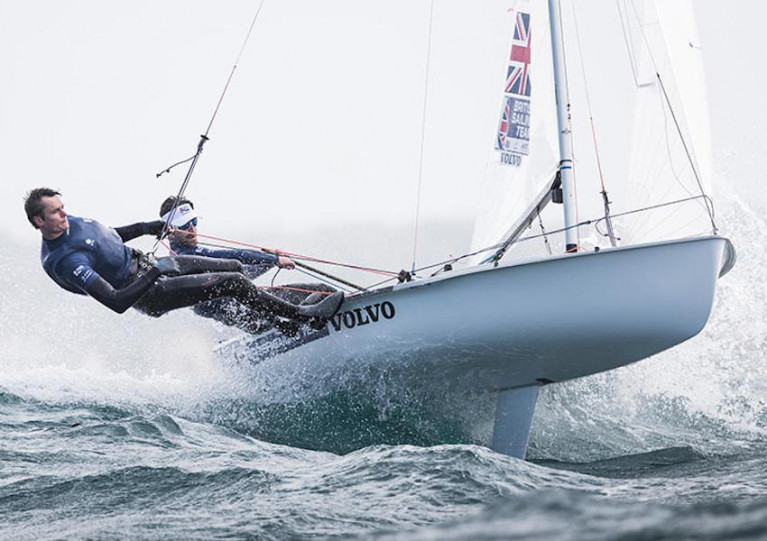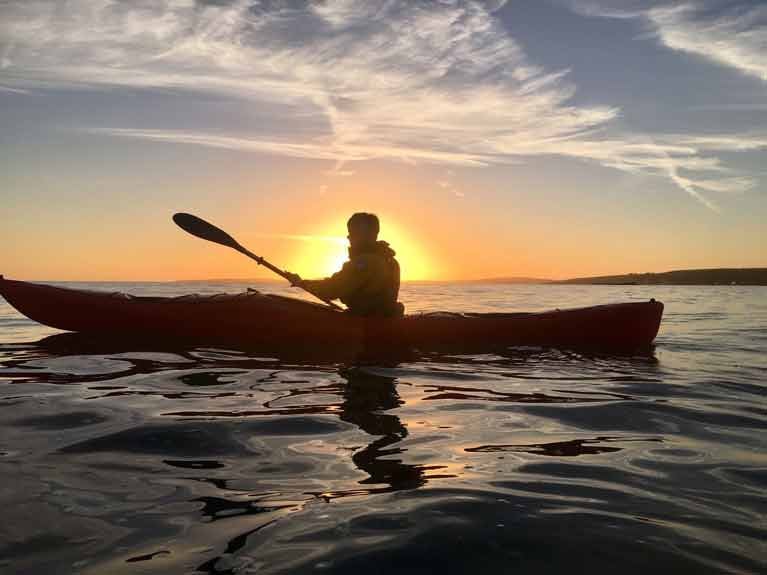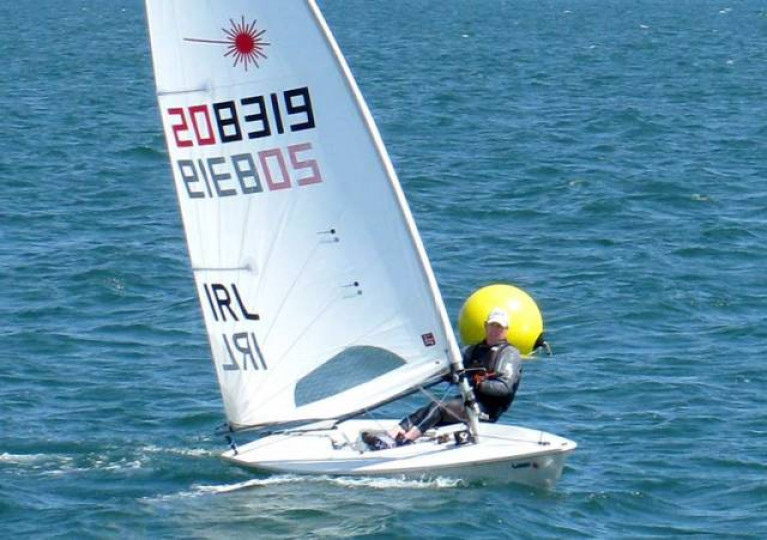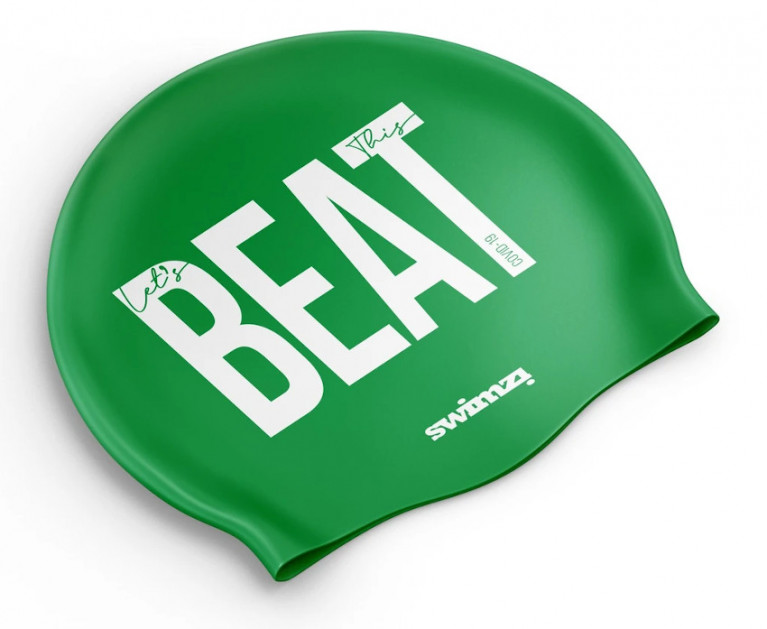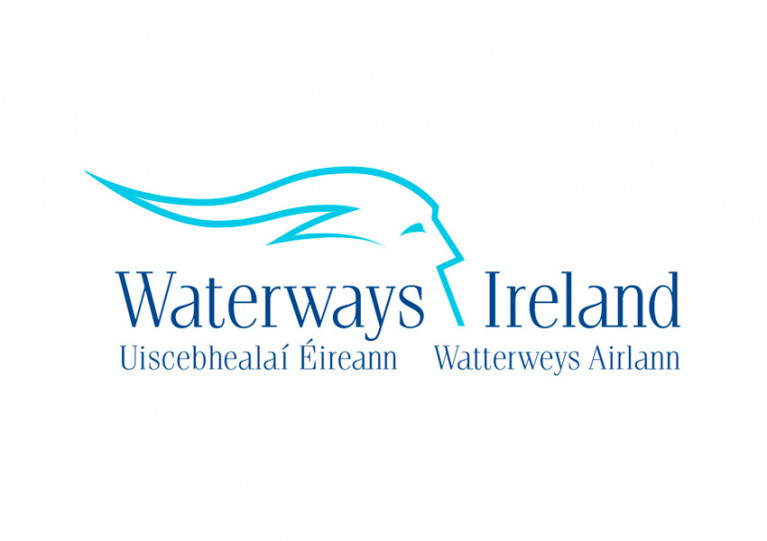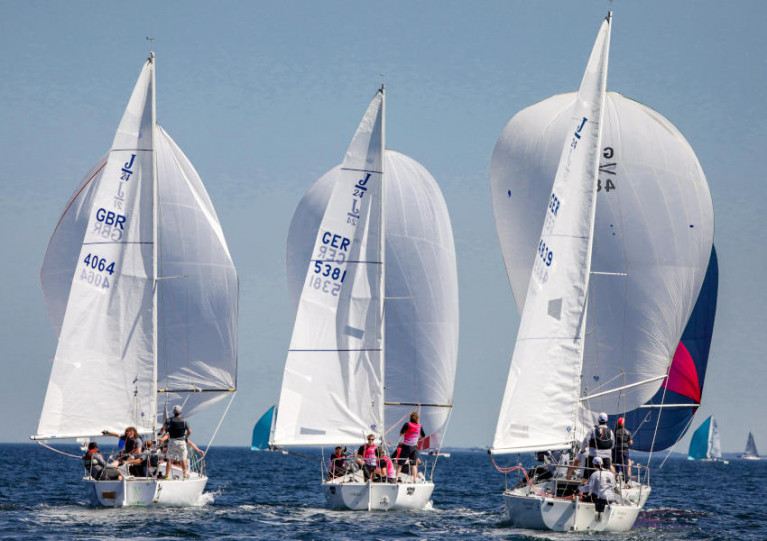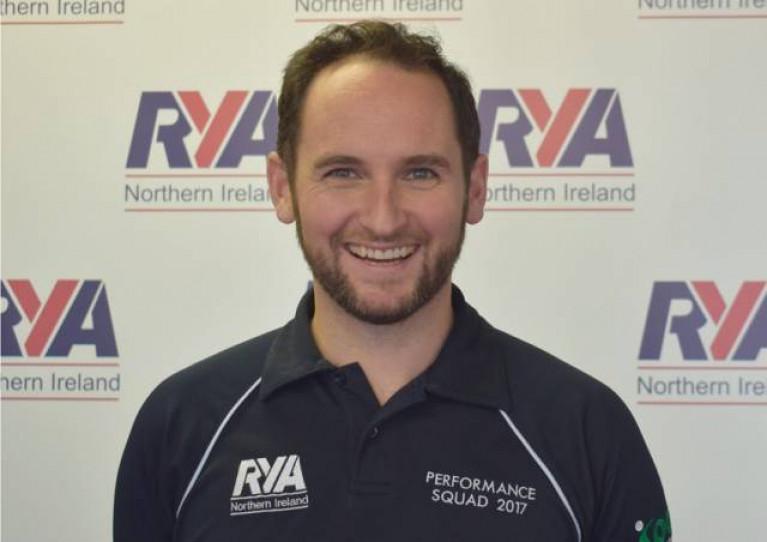Displaying items by tag: Coronavirus
Irish Sailing Submit 'Return to Sailing' Document to Government
Since the Covid-19 shutdown commenced, Irish Sailing has been communicating on behalf of our members with various government stakeholders to present a case for our sport to be viewed as a ‘low risk’ activity, so that we will be allowed to return to sailing as quickly and safely as possible as restrictions start to be lifted. We believe that with appropriate measures, a basic level of safe and responsible activity can be delivered to get our members active on the water.
To this end, we submitted a proposal to Sport Ireland (the Government’s agency coordinating a return to sport activities) outlining protocols and priorities in a “Return to Sailing Scheme” document. As our members know, it is a fundamental principle of sailing that the decision to go afloat both for individuals and activity organisers is based on a combination of self-responsibility and risk assessment. The Return to Sailing Scheme proposed by Irish Sailing extends these principles to include the mitigation of Covid 19 risks to allow individuals and activity organisers make informed decisions on their own interests and activities.
Irish Sailing believes that limited activities can take place even within current guidelines, however, there are some measures that were included in our submission for the lifting of restrictions that we feel would significantly facilitate boating activities. These include:
- Irish Sailing Clubs and Accredited Training Centres allowed to organise activities in compliance with National guidelines
- Social gatherings of two (or more) households permitted to enable double handed sailing
- 2km limit for exercise extended to allow travel to the venue
- Public marinas and boat maintenance facilities open to allow essential access, lifting and maintenance
- Over 70s who are currently cocooning allowed access to their boats to facilitate their health and well being
- Access for boat owners to maintain their craft and minimise damage of facilities and property in case of storm or bad weather
Whilst there is currently much media coverage around the lifting of restrictions, and an announcement to be made in the coming days which is causing some confusion and speculation, Irish Sailing can only respond to official announcements, and we will communicate any options for returning to sailing activities as and when they are announced.
At this challenging time for all, Irish Sailing is focused on getting our members active on the water as soon as is safely possible. Members will be first to hear when this possible.
Harry Hermon, CEO, Irish Sailing
The past weekend’s good weather tempted a group of jet-skiers who subsequently ran into difficulty in Clew Bay, as The Irish Times reports.
Achill Island RNLI launched its lifeboat on Saturday evening (25 April) to reports of three men on personal water craft needing assistance between Newport in Rosmoney — waters considered treacherous for even the most experienced of mariners.
All three were towed to Rosmoney with a locally owned RIB in an operation that also involed the Irish Coast Guard and An Garda Síochána.
Gardai also mounted further patrols of Lough Derg, where earlier this month they had exercised their emergency powers to warn inland waterways users to stay at home as measures to control coronavirus remain in place.
The Irish Times has more on the story HERE.
Tokyo 2020 President Says Olympics ‘Will Be Scrapped’ If Coronavirus Threatens Further Delay
The president of Tokyo 2020 says the Olympic Games already postponed to next year “will be scrapped” if it cannot go ahead at its rescheduled date.
As RTE News reports, Yoshiro Mori was responding to concerns that a vaccine for the coronavirus — which has infected more than three million and killed over 200,000 worldwide — may not be readily available before July 2021, when the delayed Tokyo games are now set to begin.
But Mori, a former prime minister of Japan, said he was confident that “we will have won the battle” against Covid-19 by next summer.
A Tokyo 2020 spokesperson later insisted that Mori’s comment about potentially cancelling the next Olympics was “in his own thoughts”.
RTÉ News has more on the story HERE.
‘Restart Racing’ The Call Of Special Interest Group To Lobby For Sector’s Fair Treatment In Britain
A British sailing industry figure is looking to form a Special Interest Group (SIG) of clubs, classes, sailors, trade and other stakeholders to lobby for the safe restarting of racing in the wake of the Covid-19 pandemic.
SailRacer managing director Simon Lovesey says the aim is to develop strategies and plans to allow sailing and racing to resume as soon as sensible (and safe) and, if need be, to lobby for fair treatment of sailing particularly among the grassroots of Britain’s sailing community.
“As and when the [UK] Government looks to ease restrictions, my concern is that sailing will be treated the same as much broader sectors, so clubs will be lumped in with bars and restaurants, and sailing events as festivals,” he says.
“The indications are these broad sectors will only be allowed to restart near the end of any easing of restrictions. In Holland, sailing events are categorised as festivals, which are prohibited from operating until September at the earliest.
“So, it is important we learn to live with the situation and make adaptations to allow some activities to be undertaken.
“With suitable adaptations, sailing and boating should be able to address many of the self-distancing requirements, and I understand the virus cannot be transmitted via water. Sailing brings many health benefits: physical, mental and plenty of the all important respiratory gains.”
Lovesey reminds that Downing Street has set a deadline of this Thursday 30 April for submissions of evidence from sporting individuals and groups to illustrate the impact of Covid-19 on their sector, and suggestions of how to adapt and innovate to deal with the current situation.
He believes a more focused contribution from clubs and classes alongside the RYA’s presumed submission “will give the opportunity to convey more of the details and in particular the grassroots element of sailing” that the broad remit of the larger body may not include.
Any parties interested in taking part in the suggested Restart Racing Action Group can contact Simon Lovesey at [email protected]
Canoeing Among ‘Low-Risk’ Sports That Will Be First Priority When Relaxing Covid-19 Restrictions
Outdoor activities that allow for physical distancing will be the first priority when relaxing restrictions on organised sports, the chief executive of Sport Ireland has said.
Speaking at a press briefing with Taoiseach Leo Varadkar on Friday last (24 April), as The Irish Times reports, John Treacy suggested that sports such as golf, which are performed in the open air with significant distance between competitors, would be among the first for review.
Sports Minister Brendan Griffin also confirmed, according to The Times, that Sport Ireland has classified various sports depending on whether they are judged to be low, medium or high risk of spreading Covid-19.
Though there was no mention of single-handed sailing classes, canoeing was expressly cited along those classed as low-risk.
But Minister Griffin stressed that “planning is an an early stage and none of this has been cleared by the National Public Health Emergency Team”.
He added: “We want to be ready to go when we get the nod. It would be important for national morale if some sport could return.”
New Date Set For Irish Laser Masters This Autumn
Dun Laoghaire’s dinghy fleet reports that the Irish Laser Masters will now take place on the weekend of 19-20 September at the Royal St George Yacht Club.
The Laser Masters was one of a number of events that fell to the current restrictions against Covid-19 as the Irish Laser Class Association postponed all events in the class until August at the earliest.
These include the Laser Radial Europeans, which had been scheduled to be hosted by Ballyholme Yacht Club from 4-11 July but are now moving to a different, ‘warmer’ venue if a date can be found in October or November.
Plans are still in the offing for the Laser Nationals at the Royal Cork from 20 August to go ahead as scheduled, pending Government advice.
‘Let’s BEAT This’ With Viking Marine’s Swim Cap Fundraiser For Frontline Health Workers
Viking Marine has teamed up with athletic sportswear brand Swimzi in the global effort to help fight Covid-19 and to support our frontline workers at the HSE.
You can show your support by purchasing a charity ‘Let’s BEAT this’ swim cap. All profits will go locally to St Micheal’s Hospital in Dun Laoghaire and to Beaumont Hospital, where the daughter Viking Marine MD Ian O’Meara is currently part of the medical team on the frontline.
As of lunchtime today, Sunday 26 April, already a tenth of the modest target of 300 caps have been purchased.
And be sure to join in the #SwimziCapChallenge and post video tagging Viking Marine’s Facebook and Instagram pages of your attempts to break the record of putting on 17 swim caps in 30 seconds!
Waterways Ireland Extends Winter Mooring To End Of May
Winter mooring facilities have been further extended until Sunday 31 May to ease the pressure on the inland boating community, Waterways Ireland has announced.
There will be no additional cost for this extension, the cross-border body for Ireland’s inland waterways confirms — as it reminds boaters not to travel to move their vessels under the current Covid-19 restrictions.
Waterways Ireland has also confirmed it will not charge an operating licence fee for the period from April to June 2020, in a move aimed at supporting businesses that operate along the waterways.
As previously reported on Afloat.ie, normal pump-out facilities remain available, and electricity and water services have been reconnected following flooding issues earlier this year, though service blocks remain closed in accordance with Government guidelines.
All other on-water activity on Waterways Ireland’s waterways remains suspended until further notice — this includes any boating, paddling, fishing or swimming.
While towpaths remain accessible for local exercise, Waterways Ireland asks the public to exercise their best judgement and continue to observe social distancing protocols.
As reported last month on Afloat.ie, 2020’s Kiel Week (Kieler Woche) in Germany was pushed back from its late June date to September amid the many disruptions to sailing calendars caused by the Covid-19 pandemic.
But with the change in date also comes a change in approach, as organisers of the annual regatta promise to get ‘back to basics’ with an event that puts the focus on sailing over spectators.
“The corona pandemic will keep us all busy for many months to come. We are convinced that, unfortunately, it will not yet be possible at the beginning of September to celebrate exuberantly with many people,” says Kiel’s Lord Mayor Ulf Kämpfer.
But he is emphatic that doesn’t mean the event won’t happen, only that it can go ahead in a different form from 5-13 September.
“This year it’s ‘back to the basics’ and ‘sailing plus X’. We want to put the sport of sailing — and with it the historical foundation of Kieler Woche — into the centre of attention as a signal. And we want to see what we can offer the people of Kiel beyond that.”
As for the sailing programme, Kieler Yacht-Club and the co-organising clubs have agreed to offer a platform for the boat classes that have contributed the most to the success of Kieler Woche in recent years.
“We will give an appropriate number of sailors the opportunity to sail the Kieler Woche in the usual scope,” says Dirk Ramhorst, head of organisation of the Kieler Woche regattas. “The observance of regulations and measures concerning handling and hygiene is a matter of course.”
Ramhorst continues: “The regatta cannot be held one-to-one as in June. Flexibility and new ideas are needed now.”
All planning — for example, with regard to the number of participants — is co-ordinated with the Covid-19 restrictions currently in force in Germany until August.
“This will probably also lead to maximum registration numbers in various classes,” says Ramhorst. In addition, the event area in Schilksee will be geared purely to sailing and not to visitors.
And whatever cultural events around Kiel Week deemed possible will be planned over the coming months and adapted according to the current situation, organisers say.
Emergency Hardship Fund For NI Sports Sector Could Be Lifeline To Region’s Sailing Clubs
The RYA Northern Ireland has welcomed the announcement of a £500,000 Hardship Fund for the sports sector in Northern Ireland.
As announced last Tuesday 14 April by Stormont Communities Minister Deirdre Hargey, sports clubs and sporting organisations from the voluntary and community sector, which are unable to receive support from other Covid-19 mitigation funds, will be able to apply to Sport NI for a small grant of £2,000.
This is intended to help with immediate financial commitments to maintain their facilities during the current restrictions amid the Covid-19 pandemic.
Affiliated clubs may be eligible for a grant to help cover fixed costs, which are no longer supported with revenue as a result of the pandemic. This might cover expenditure on rent/lease payments, heating and lighting, essential ground maintenance and insurance.
There is currently no ‘closing date’ for this grant scheme which is operating on a rolling basis.
RYANI’s chief operating officer Richard Honeyford said: “We very much welcome this funding in order to help affiliated clubs/organisations with the ongoing financial obligations during the coronavirus outbreak and whilst restrictions remain in place.
“We have been updating all affiliates in Northern Ireland on developments and will continue to share the latest information and advice with our clubs. We remain in close contact with Sport NI and other relevant bodies about the issues being faced by clubs during the current crisis and to ensure they are included in any future considerations.
“We would encourage all clubs/organisations to familiarise themselves with the guidance in order to make any application and to contact us if you are in need of support.”
The RYA has prepared guidance to assist clubs, classes and recognised training centres in line with advice from the UK Government and public health agencies.


























